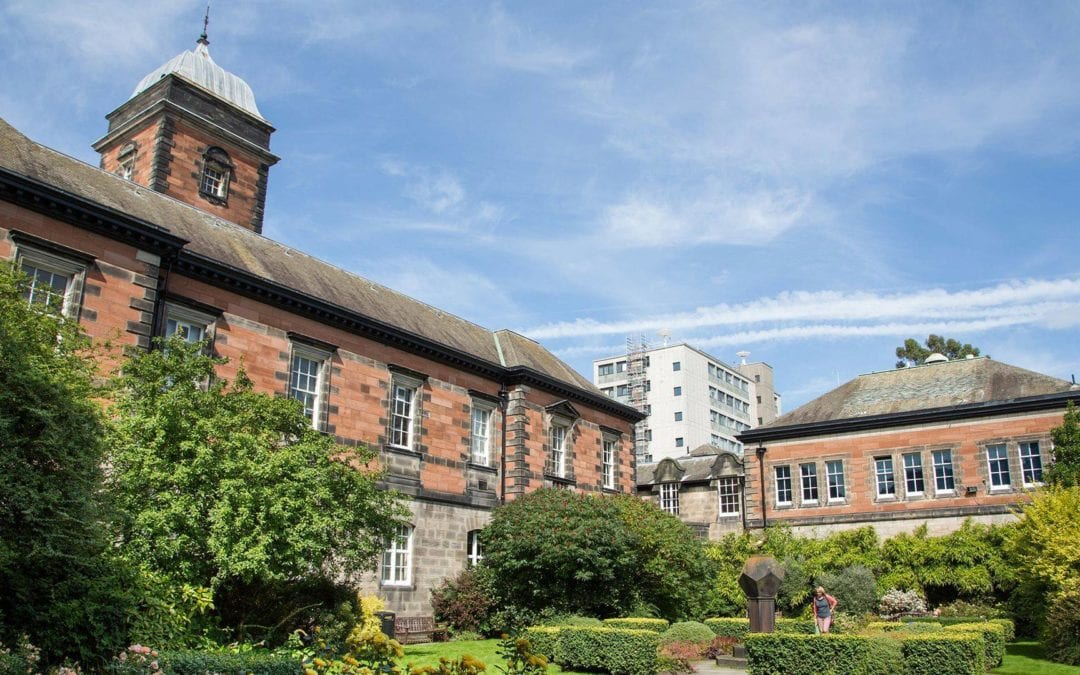Waking alone
At the hour when we are
Trembling with tenderness
Lips that would kiss
Form prayers to broken stone.
(Thomas Stearns Eliot, “The Hollow Men”)
The coronavirus pandemic raised a lot of questions to many of us, to almost any sensible human being. How could we live in a situation like that? Is the pandemic going to harm our employment and job prospects? What to do while being in lockdown? How could we prevent ourselves from getting infected? What is the price of life? After all, is it worth living? Why am I living at all? In this essay, I would attempt to answer some of these existential questions concerning the ongoing COVID-19 pandemic. I would base my answers and interpretations on the experiences of people from the past who did their best to cope and to stay sane while being put in similar life-threatening situations.
In my opinion, the COVID-19 pandemic gave us food for thought. It taught us that there are much more important things than just wondering where to go and spend our money, it also taught us to not take everything for granted. This disease made us more cautious and aware of what is happening around us; it showed us that we are not immortal and have to take some responsibility for our actions. The pandemic also made us think about our relatives, about their well-being, not only ours… Things that we considered up till now unimportant or non-essential but which it seems were much more significant than our ephemeral demands and longings. In my opinion, we do not need too much material things to survive, we need to have people who care for us around us, we need to have a roof over our heads, we need to have some food to put in our mouths, we need some comfort to make our existence bearable, but all the other things we want to acquire are just luxury, things that make our lives easier but are, in their core, unessential. They are transcendent things which come and go. We can live with them, we can live without them, either way would make sense. After the pandemic dies out, we would have to return to our normal living and working conditions but things will never really be the same. The traces of this event will not be obliterated soon. The concept of the “danse macabre”, established more than 650 years ago, will hardly perish, in short – we will be cautioned. Once and for all, we should be acutely aware of the transience of human life, of its frailty and its fragility. “Memento mori” is the Latin sentence that sums up our own dependence on multiple factors and conditions and also our mortality. If we live day for day and enjoy even the small and short-lived moments of happiness in our lives, we would live a much better and peaceful way of life. We should also learn to be humble, to appreciate even the small efforts of the other people who try to make things comfortable for us and who only want the best for us.
The things that happen now and that will happen in the future are not unprecedented. The blame put on certain people for causing this global infection is not an unthinkable consequence. For instance, the population which survived the infamous “Black Death” in the 14th century condemned the Jews for causing all their troubles including the disastrous disease which killed 1/3 of the overall European population at that time. Now people like Bill Gates are put on the spot and pointed out as responsible for the suffering of all the peoples because of their greediness and selfishness, but that, as the cases with the Jews in the Middle Ages, is not right, people almost always try to find a person who they can blame for all their misfortunes. This is how the world we live in works since the times of Judas Iscariot and that, unfortunately, will never change. On the other hand, in situations like these many philanthropists emerge; they make donations to hospitals and other charitable organisations in order to show their thankfulness for being cured and also to help the middle- and low-class citizens of their respective countries cope with the economic crisis they face. After all, there will be positive and negative consequences after such a pandemic – the prices of the food products we buy every day will increase, some people will lose their jobs, the art and entertainment industries will suffer huge financial losses but, there is always a but, the ordinary people will start to get higher salaries not long after the end of the pandemic, the economic situation will gradually stabilise.
To sum up, life is worth living, we shall never give up. As we all know, after the end of the Black Death came the Renaissance and along with it came peace and prosperity. I think that what we need now is another Renaissance, another revival, a revival of our values, of our ideals and of our moral. I will finish by quoting a poem by the famous English poet W. H. Auden who lived through similar, if not worse, circumstances: “Dance till the stars come down from the rafters; Dance, dance, dance till you drop.” I decided to finish by using this quote because I wanted to make one thing clear – The concept of the “danse macabre” established in the Middle Ages during times like these will never fade away, and we shall never forget what we came through and what makes us human beings – our humanity and our ability to understand “the Other”!
Joro Zhechev
